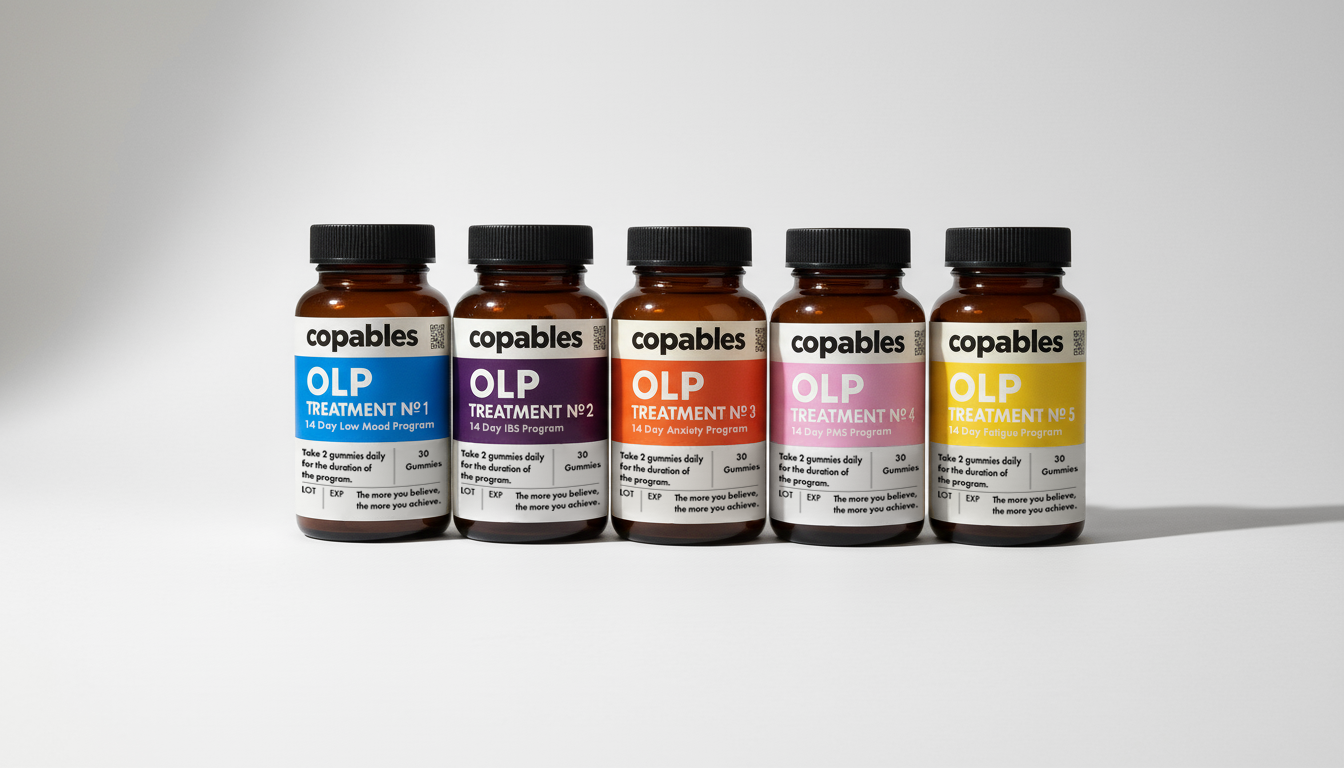
Dr. Anja Hahn had a problem. She wanted to test whether placebos could protect people from sadness, but there was one hitch: her research ethics board wouldn't let her lie to participants. So in 2022, she did something that seemed destined to fail. She handed 84 healthy women a nasal spray, told them it contained absolutely nothing therapeutic, explained exactly how placebos might work anyway, and then tried to make them sad with depressing music and negative self-talk.
Amazingly, the women who'd received the honest fake treatment experienced 50 % less increase in sadness than those who got nothing at all.
For over a century, the placebo effect has been medicine's most elegant deception: patients improve because they believe they're receiving real treatment. Strip away the deception, conventional wisdom said, and you strip away the power. Yet Hahn's study joined a growing body of evidence suggesting the opposite: transparency doesn't kill the placebo effect. It transforms it into something even more remarkable.
Irving Kirsch, a psychologist studying depression in 2012, faced his own ethical dilemma. Instead of deceiving patients, he decided to try radical honesty. He recruited twenty people with major depression and told them: "You're getting placebo pills, they contain no active medication. But research shows placebos can be 80 % as effective as antidepressants through psychological and physiological processes."
After four weeks, participants' depression scores dropped by 3.25 points on standard scales, enough to move from moderate-severe to mild-moderate depression. More telling was the recruitment rate: patients signed up faster than for any previous depression study at the hospital. People weren't just willing to take known placebos; they were eager to because there’s no dependencies, no chemicals and no side effects.
The key insight emerged from studying what happens in the brain during open-label placebo treatment. Unlike traditional placebos, which work through expectation and conditioning, honest placebos seem to activate something different: conscious participation in healing. When patients knowingly take a placebo, they're not being tricked into wellness. They're choosing to engage with their body's capacity for self-repair.
This distinction matters profoundly. Traditional placebos create what researchers call "response expectancy", a passive hope that something external will provide relief. Open-label placebos generate what might be called "agency expectancy", an active belief in one's own power to influence outcomes. The pill becomes less important than the taking of it; the ritual matters more than the substance.
The language researchers use with open-label placebo patients is absolutely crucial. Instead of "This will help you," they say "This might help you access your body's own healing mechanisms." Instead of promising a cure, they invite participation into healing. The difference is subtle but transformative; it shifts patients from consumers of medicine to collaborators in treatment.
This collaborative model helps explain why open-label placebos work particularly well as add-ons to existing treatments like CBT. In Schienle's study, the placebo didn't compete with therapy; it enhanced it by increasing engagement and practice. The fake treatment became a real commitment device, a daily reminder to invest in healing.
The implications stretch far beyond individual patients. In an era when medical costs soar and side effects multiply, open-label placebos offer something remarkable: treatments that are simultaneously effective, safe, and affordable. They work not by adding chemicals to the body but by adding intention to the healing process.
Perhaps most importantly, honest placebos restore something medicine has gradually lost: the recognition that healing is fundamentally a partnership. Traditional medicine positions doctors as active agents and patients as passive recipients. Open-label placebos acknowledge what humans instinctively have long known: the patient's mind is not just along for the ride; it's driving.
The question "Can placebos work when you know they're placebos?" misses the deeper point. Knowing they're placebos isn't what limits their power; it's what unlocks it. When we stop trying to trick the mind into healing and start inviting it to participate, we discover that consciousness itself might be medicine's most under-utilised drug.
The future of healthcare may depend not on better deceptions, but on more honest collaborations between healthcare experts, patients, and the capacity for self-healing that lies within us all.
Sources: